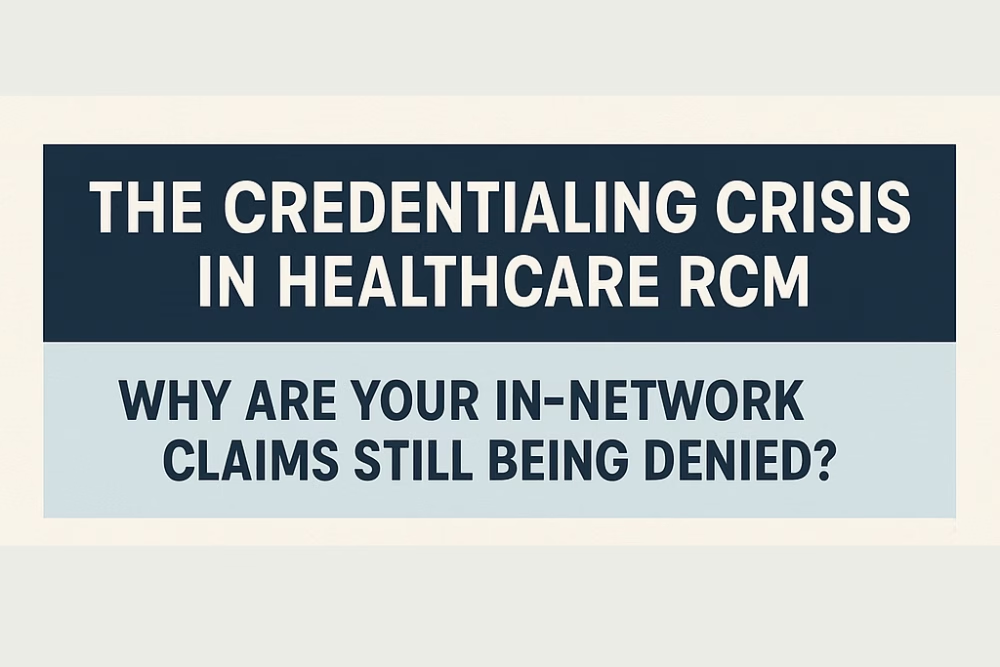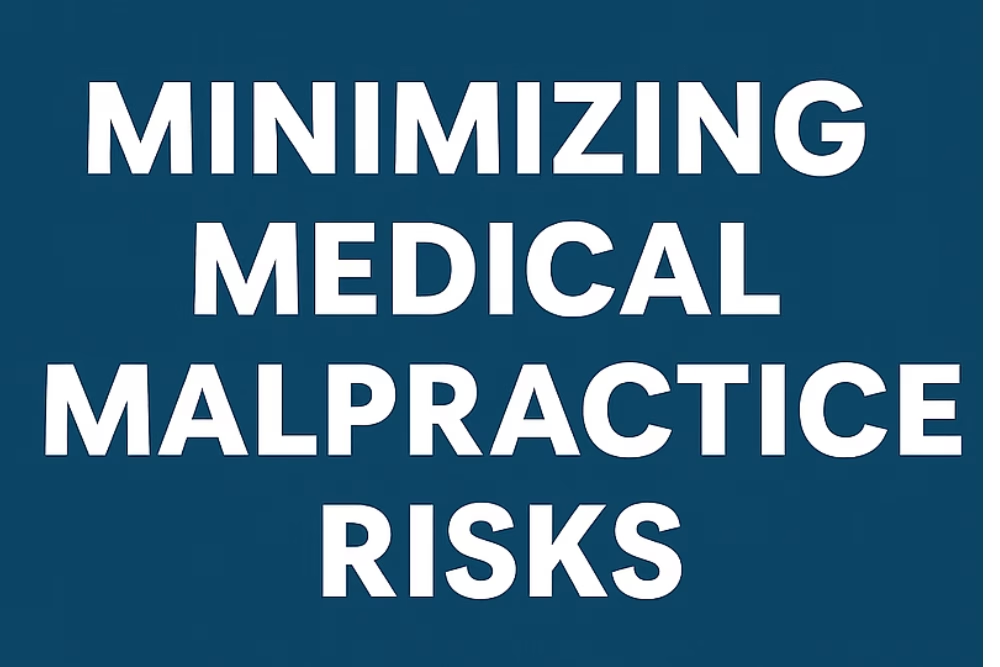In today’s fast-paced healthcare environment, administrative efficiency and regulatory compliance are more crucial than ever. Healthcare leaders—from practice managers to provider network directors—are turning to delegated credentialing as a scalable solution to streamline provider onboarding and network expansion.
But what exactly is delegated credentialing, and how can it transform your organization?
What Is Delegated Credentialing?
According to the National Practitioner Data Bank (NPDB), delegated credentialing allows one healthcare organization to authorize another to handle the credentialing of its providers. For example, a Preferred Provider Organization (PPO) might delegate a reputable hospital to verify and credential its affiliated physicians. This isn’t just checking boxes—it’s full ownership of the credentialing process and decision-making.
🚀 Why Delegated Credentialing Is a Game Changer
-
Faster Onboarding: Streamline provider verification and reduce paperwork, helping providers see patients sooner.
-
Effortless Compliance: Stay on top of state and federal regulations with processes recognized by NCQA and The Joint Commission.
-
Save Time & Resources: Free up your internal staff to focus on patient care—not paperwork.
-
Lower Operational Costs: Eliminate the need to hire full-time credentialing staff.
-
Grow Your Network Faster: Cut delays in credentialing, so providers can join your network sooner.
-
Scalable Infrastructure: Easily manage growing provider rosters with centralized processes.
⚠️ Potential Drawbacks to Consider
-
Loss of Control: You’re handing over responsibility, so choose your delegated partner wisely.
-
Dependency Risks: Performance issues from the delegated entity can affect your processes.
-
Increased Liability: The delegate makes final credentialing decisions—this comes with legal weight.
-
Frequent Reporting: Expect monthly updates and status reports required by payers.
-
Standards May Vary: Every payer may have different documentation formats.
-
NCQA Compliance Required: Accreditation takes time, effort, and careful documentation.
-
Ongoing Audits: Delegated entities are subject to payer and NCQA reviews. Be audit-ready, always.
✅ Key Takeaways for a Successful Delegation Strategy
Before moving forward with delegated credentialing, evaluate your internal capabilities, network size, and compliance readiness. Choose partners with a proven track record, and set up strong oversight frameworks with regular performance check-ins.
Need Help Navigating Delegated Credentialing?
eClinicAssist is here to guide you every step of the way. Whether you’re considering your first delegation agreement or looking to optimize your existing process, our experts offer tailored solutions to help you scale confidently and stay compliant.
👉 Contact us today to see how delegated credentialing can elevate your operations and accelerate provider onboarding.







